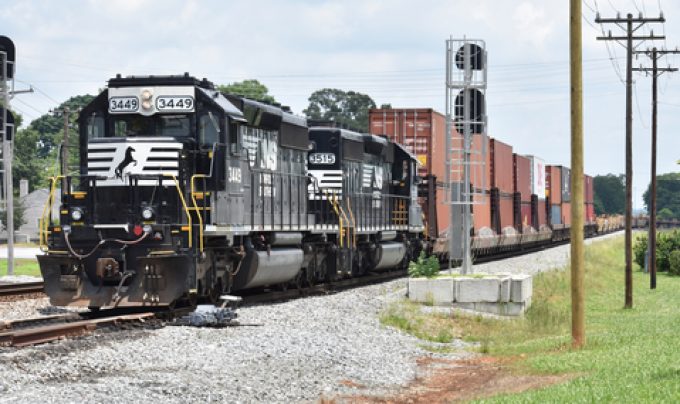FW: Proxy adviser on Norfolk Southern: overhaul board but keep CEO Shaw
FREIGHTWAVES reports: Norfolk Southern’s management has taken a second hit this week from an independent proxy advisory firm ...

Activist investor Ancora Holdings, which has begun a battle to replace the management of Norfolk Southern Rail (NS), is experiencing headwinds from its embattled NS board and regulators who view the move as a bid to return to the “detrimental excesses” of precision railroading.
NS directors have urged shareholders to vote down the Ancora proposal and have nominated two new candidates for the board, to be elected at the general meeting this year.
In a letter to shareholders NS chair Amy Miles ...
Asia-USEC shippers to lose 42% capacity in a surge of blanked sailings
USTR fees will lead to 'complete destabilisation' of container shipping alliances
New USTR port fees threaten shipping and global supply chains, says Cosco
Outlook for container shipping 'more uncertain now than at the onset of Covid'
Transpac container service closures mount
DHL Express suspends non-de minimis B2C parcels to US consumers
Zim ordered to pay Samsung $3.7m for 'wrongful' D&D charges
Flexport lawsuit an 'undifferentiated mass of gibberish', claims Freightmate

Comment on this article